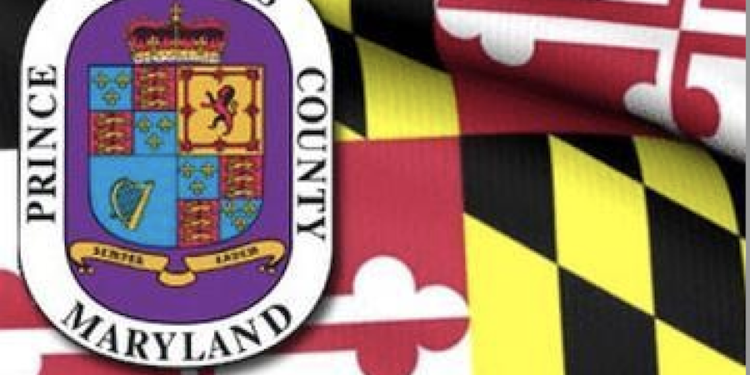A bill recently introduced in the Prince George’s County Council would require developers whose projects receive various county financial assistance to meet certain diversity and equity requirements, eliciting both support and concern.
The legislation — formally, County Bill No. 51 — would apply to all developments, including public-private partnerships, that receive certain kinds of subsidy valued at $1 million or more. The definition of “subsidy” is sweeping, including, as listed in the bill’s text: funds, grants, loans, conditional loans, contracts, tax abatements (including payments in lieu of taxes, or PILOTs), tax credits, below-market land transfers, exemptions from fees or surcharges and tax increment financing awards, received from or administered by the county government or a county-regulated agency, such as the housing or redevelopment authorities. In exchange for public financial assistance, developers would need to direct certain quotas of contracts or work-hours to local businesses, minority-owned business and resident workers.
The legislation’s overall aim is to help create wealth and grow the county tax base from within, as opposed to enriching firms and individuals that reside and pay taxes elsewhere, Councilman Mel Franklin, D-At-large, the bill’s lead sponsor, said in an interview.
Prince George’s has the largest percentage of Black residents in Greater Washington by far, at 64% — the county’s population is 87% non-white, according to Census figures — so forcing dollars to stay within the county would, at least in theory, help direct to them to entrepreneurs of color, and workers, over time. And Prince George’s has an order of magnitude more Equity Emphasis Areas than any other suburban jurisdiction, as defined by the Metropolitan Washington Council of Governments.






